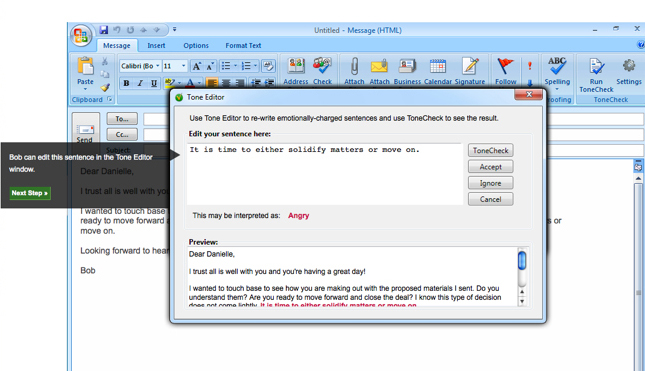Robots Selling Cookies
According to a recent article in Business Week, the next wave of robot technology is aimed directly at the office market - robots that can file papers, deliver mail, and fetch a coffee for their human bosses.
These robots, according to Noriyuki Kanehira, a systems manager at robot manufacturer Kawada, will soon be able to take on a 'secretarial role' in offices. Joe Bosworth, the CEO of a firm called Smart Robots envisions these office robots as being able to 'take mail down to the mailroom and then travel across the street to pick up a latte.'
The price for this robot convenience for mail delivery and latte fetching is not cheap - prices on the current wave of office assistant type robots can run as high as $400,000 for a model called the PR2. Thankfully the PR2 comes with an associated web app called 'Beer Me' that allows the robot to be programmed to fetch and deliver beer from the fridge.
As with any new workplace automation or productivity technology, there will be some that will sound the alarm that the coming of these 'smart' robots will be the doom of more actual human workers. Despite the high price, and (for now) somewhat limited application in the office environment the robots have many advantages over the humans they might replace. Again from the Business Week article the robots 'doesn't goof around on Facebook, spend hours tweaking its fantasy football roster, or require a lunch break.'
When presented with that kind of a cost-benefit analysis, I imagine some executives might see the value in replacing some clerical and administrative employees with robot counterparts. 'Let me see, $300K for an employee that is never late, never gets sick, never complains about Judy's music in the next cube, and won't be hassling me to buy Girl Scout cookies every year?'. Sounds like a good deal.
But for these leaders that might eventually make those kinds of decisions, there is another, more intriguing element to the 'robots in the office' angle. At Georgia Tech, researchers claim to be making progress on robot intelligence that will allow them one day 'to build robots that can not only interact with humans but are also capable of representing, reasoning, and developing relationships with others." They developed an algorithm that, they claim, allows robots, just like CEOs, "to look at a situation and determine whether [it] requires deception, providing false information, to benefit itself.'
Nice, not only will future robots be able to sort the mail, they will be able to be programmed to have Enron-style ethics and behaviors. Sweet.
Will we see the day in the foreseeable future where robots are as common around the office as pot-luck lunches, pedometer giveaways, and fluorescent lighting? Perhaps. But one thing seems likely to be discovered from the development of robot intelligence designed to replace and automate common workplace functions - that the line of irreplaceable human skills and intelligence is probably much higher up the managerial food chain than we like to think.
If what you are spending your time on today can be replicated by a robot, you are already in trouble. And if you think your contribution is on a high enough level where it can't be truly automated, think about it this way - if all the people that you support and direct were actually replaced by robots, then what would you do?
For laughs on a Monday - another take on the distant future of robot domination (email and RSS subscribers will need to click through)

 Steve
Steve



